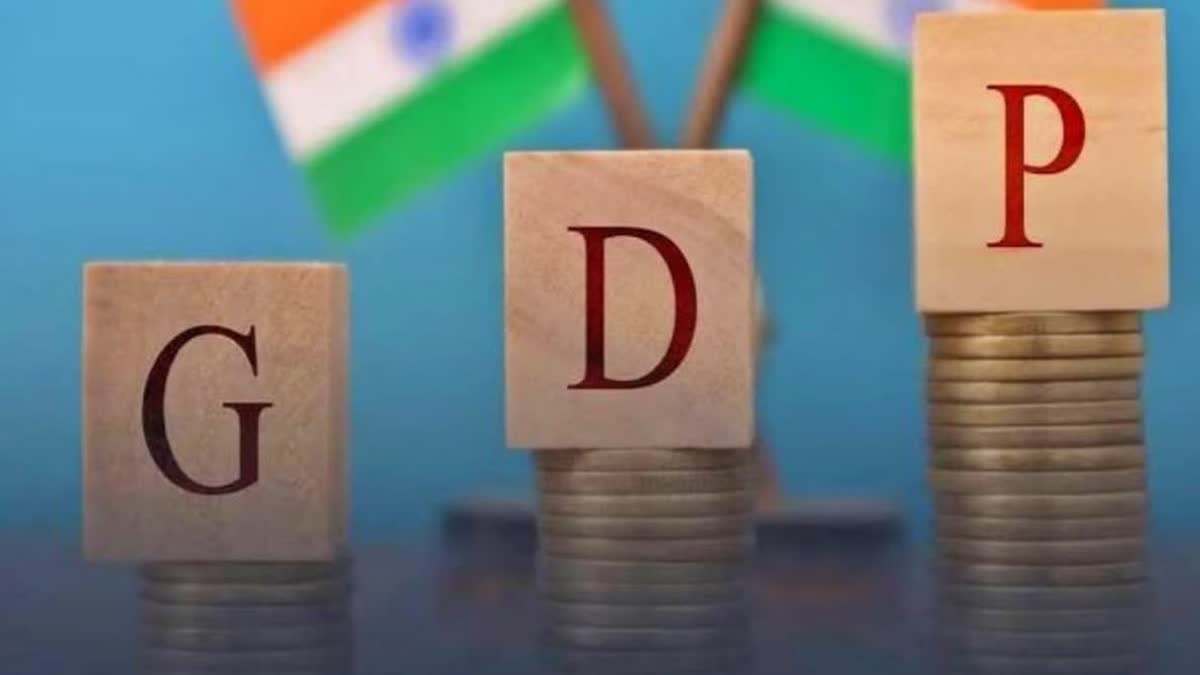Hyderabad: India has recently claimed the position of the world's fifth-largest economy by Gross Domestic Product (GDP), surpassing the United Kingdom, as confirmed by the International Monetary Fund (IMF). It is an impressive feat, with further projections indicating that India is poised to continue its ascent.
According to S&P Global Market Intelligence, India is anticipated to leapfrog over Germany and Japan to secure the third spot by 2030, with a GDP of around 7.3 trillion dollars, marking a substantial increase from its current level of 3.5 trillion dollars. This remarkable growth trajectory places India in a promising position, with only the United States and China ahead on the global economic stage.
Nonetheless, amidst this economic fervor, a more nuanced narrative unfolds. When considering per capita GDP, India finds itself categorized as a lower middle-income nation. This stark contrast highlights the substantial income disparity within the country. Disturbingly, India remains the poorest nation within the G20, with over 1.4 billion citizens.
Alarming statistics, such as Oxfam's prediction of a growth in the number of people affected by starvation from 19 crores in 2018 to 35 crores in 2022, highlight the hard reality that many of its people confront. Beyond economic growth, a multitude of challenges persist. Many Scheduled Castes and Scheduled Tribes families continue to lack access to basic personal sanitation facilities, and the inadequacies extend to healthcare services.
Despite nominal wage improvements for day laborers post-Covid-19, their real incomes have eroded due to surging inflation. The paradox of progress in GDP juxtaposed with the hardships faced by a significant portion of the population raises poignant questions. Who can truly take pride in India's economic ascent when the everyday existence of many remains in disarray?
Gross Domestic Product (GDP) growth is indeed a crucial aspect of a nation's development, but it cannot be the sole pillar upon which the progress of a country stands. While comparative studies that position India's economic advancement ahead of other nations are noteworthy, they offer only a limited perspective on the overall well-being of a society.
